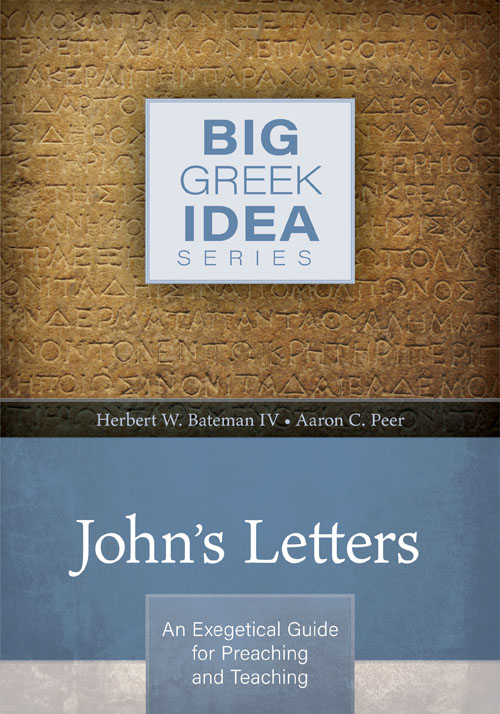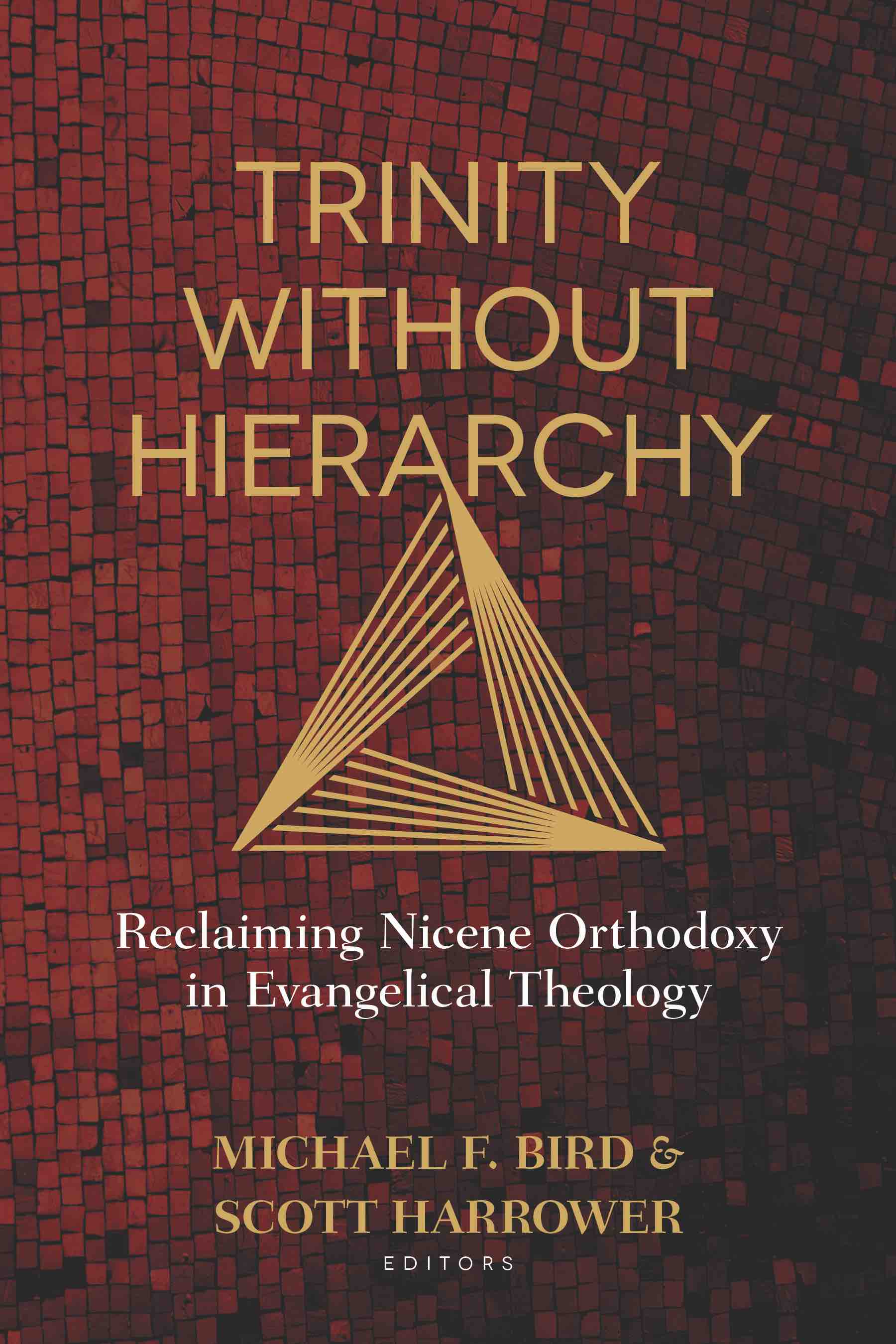In Summary:
3 John is another short book in Scripture. In fact, at a little over 200 words in the original Greek, it’s the shortest book in the whole Bible. (You can compare Greek-to-Greek by using the Septuagint.)
One of the great things about Scripture, though, is every word is valuable, and every word is given by God with a purpose. So, even the short 3 John has value. We see a couple of points in summary:
First, John writes to a friend, opening with his concern for Gaius’ own health and prosperity. There is no reason to get carried away with “prosperity” in 3 John 3, as it can simply mean the overall meeting of needs and provision for life. And, it’s linked to the prosperity of his soul—the focus is on the relationship with Jesus not on material.
Second, John keeps his eyes on the importance of walking in the truth. Realize that this is the same pen that wrote “God is love” in 1 John 4:8, so John is not short on acknowledging the love of God.
But he sees that love as inseparable from the truth of who God is.
In Focus:
John’s primary purpose in writing, though, is to address the issue of the gatekeepers of the church. In this case, we’re not talking about a gate in a fence, but rather the overall idea of those who determined who was permitted to come into the church, who was permitted to speak or teach, and to whom the church extended hospitality.
The church in question had a problem here, because Diotrephes had become the power broker in the situation. He utilized his role in the church for his own power and his own privilege, rather than for the betterment of the body. Why? John said he “loves to be first.”
John further highlights that he will, when he gets there, deal with Diotrephes.
In Practice:
Why do you think John wrote this to Gaius? It is most likely that John hoped Gaius could persuade Diotrephes to repent. Perhaps they were friends, family members, they had some relationship that had endured despite the questionable behaviors of Diotrephes.
And John wanted Gaius to work through that relationship to bring Diotrephes to repentance and restoration, for the sake of his own soul and for the good of the whole church.
You see where this is going, right? In the current era of the church, we have similar problems. There are people who have warped the church of the Living God for their own power and pleasure, to the detriment of the church and to the harm of many souls. Meanwhile, most of these have friends and associates who have remained faithful, true to the Gospel, living in the truth, and the question becomes:
Will they call their friend to repentance? In a Christendom filled with folks claiming to be Daniel or Peter or Paul or David, we need men and women to step up and be Gaius. We need those who will step forward, look their friend in the eye, and call them to repentance.
And not secretly after the first attempt: John’s letter is no closed-door meeting. The opportunity for Diotrephes to have private repentance and restoration had passed, for the damage was too wide, too public, and the only restoration could be found if the repentance matched the sin.
So what will we do? What did John find when he came to Gaius and the church? Did he find himself having to rebuke not only Diotrephes but also Gaius for falling from the truth?
What will Jesus find when He calls us to account?
In Nerdiness:
Authorship discussions likely belong here, but there is not much to say that has not already been said regarding 1 John or 2 John. If those two are written by the Apostle John, then this one is. If not, it is likely that this one was not, either. There is very little reason to suggest a different author among the Johannine Epistles, and the determination of the Apostle John’s authorship is more a matter of historical study than it is examination of the inspired text. It does not follow that a New Testament text must be written by an Apostle to be counted as inspired by God (as referenced in 2 Timothy 3:16). We need to be cautious not to confuse the value of the text with the worthiness of its originator.
Which, of course, needs its own caveats even today for texts that are not “inspired” in the same manner as Scripture. For example, David is “inspired” in a manner that I would label as “without error” or “inerrant” when he wrote the Psalms of praise found in the text. A modern worship song may be “inspired” in a positive way, but can be wrong—some songs are really good, inspired, with one bad line in them! There is a difference.
However, on point, there is a challenge in addressing the character of the author of a text. On the one hand, David committed adultery and murder and wrote Psalms of praise; Saul persecuted the Church in its infancy and wrote much of the New Testament; James and Jude, brothers of Jesus, only show up in the Gospels as not believing in Him and write two important letters; Peter, Mark, Matthew all have issues in their background—and we do not discard their writings. On the the other hand, what do we do with others?
First, I would suggest that we set aside those writings received by the church throughout her history as inspired by God and in the canon of Scripture. Paul’s letter to the Ephesians, Mark’s account of the Gospel, Ezra’s retelling of the building of the Second Temple, all of these fall under slightly different rules—rules driven by a belief in the inspiration of the text. The real question comes in things written more recently.
Sometimes only a hundred years more recently, like a 2nd century Church Father, or 1900 years more recently, like a nineteenth century minister. What do we do with those?
A couple of thoughts:
1. Compare someone’s “progressive” nature or “cultural” situation to where he or she is coming from, not where you are looking back from. A writer of the 8th century speaking of women as “surprising in their ability to have an intellect equal to men” was ahead of his time, not repressive and misogynistic. Saying the same thing now would be rude—but we live in a society that has had time to process such things.
That is not to say that some blind spots have to be ignored. Many of prior centuries views on race are so distant from what appears to be clear Biblical teaching as to confound us as to how the readers got there. But, honesty should compel us to admit we might have gotten it just as wrongly.
Do we toss all of the writings of ministers, poets, scholars of those eras? I would say we do not, but we must remember to check their lenses if we use them today.
2. The other side is one of character: while blind spots, even egregious ones, can be understood culturally, we cannot dismiss blatant, constant character failings. The authority of one who could never keep a marriage vow or was abusive to those in his care must be questioned, and typically rejected. It is unlikely that there is any one person, past the Apostles, whose contribution is so unique and so foundational that his (or her) work must be held onto regardless of their own character. Salvation by grace is not preached only in Luther or Calvin or Zwingli, for example, if one finds that any of the Magisterial Reformers were too wicked to trust their theology.
And the same can be said for songwriters, etc., for no one who writes is perfect. I am not stating that all should be sinless or discarded, but if someone is actively engaged (or, historically, was actively engaged) in a sinful lifestyle then their work should be heavily reconsidered. We sing “Amazing Grace” because John Newton wrote it after seeing his sin in slave-selling. Had he written it while in the midst of profiteering on human suffering, we should perhaps find a different song.
 So, I have one more book to review this year. It’s been put off because, well, it’s a book about women’s ministry and I’m not a women. There’s always a conundrum for me examining resources like this, because I may sound condescending or out-of-touch. But, such is life. I wanted the book because I’m out of touch with women’s ministry and needed some help.
So, I have one more book to review this year. It’s been put off because, well, it’s a book about women’s ministry and I’m not a women. There’s always a conundrum for me examining resources like this, because I may sound condescending or out-of-touch. But, such is life. I wanted the book because I’m out of touch with women’s ministry and needed some help.
 Today's book is
Today's book is 

